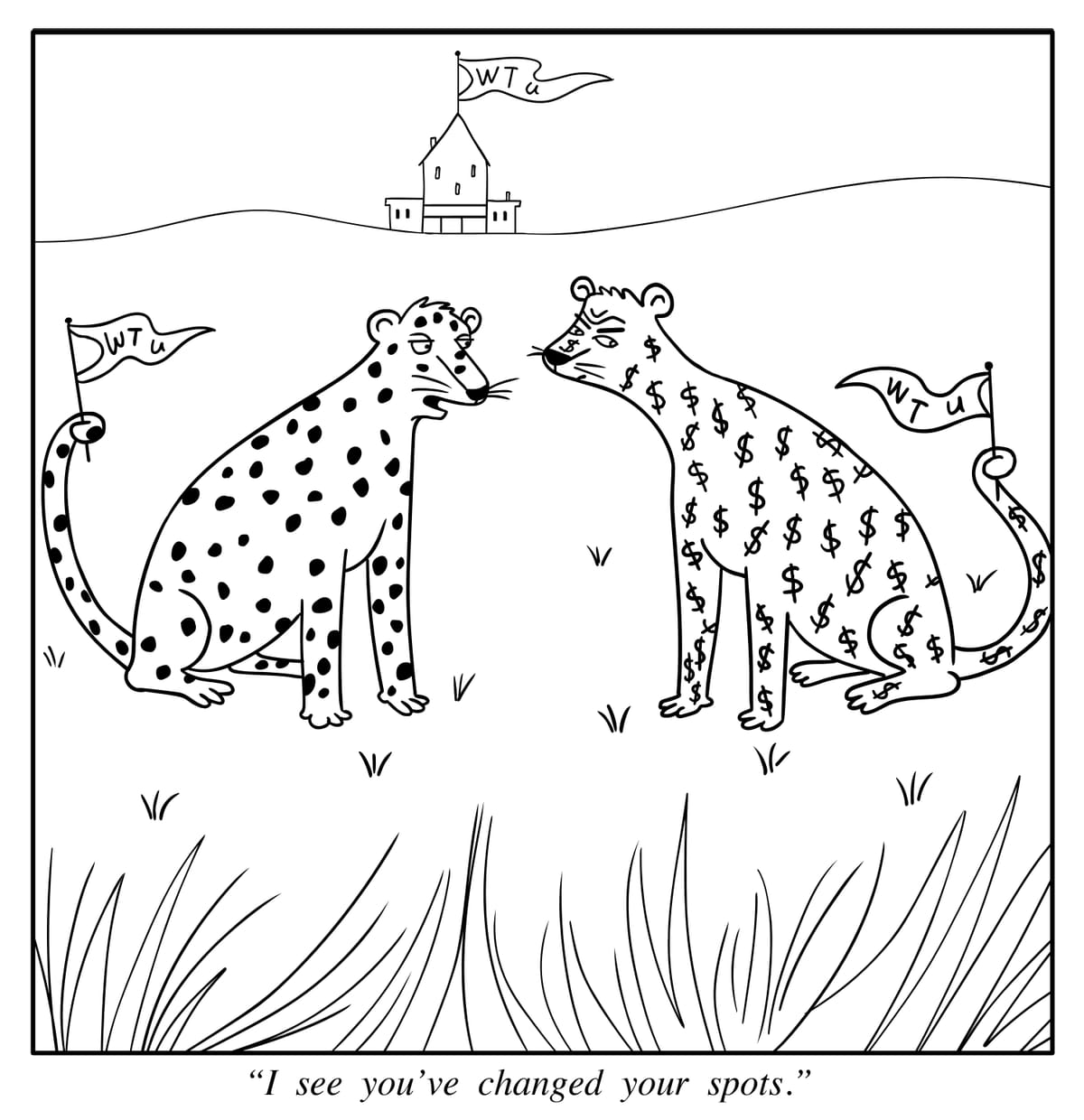What Is a University? Part II
Is it a business?

In 1936, Harvard President James Conant remarked that the question of what a university is could only be understood in terms of its history. In my own observations and study of the history of universities, I have tried to understand what universities are, as institutions, from not merely a linear, event- or activity-oriented sense, but a history examined within a number of frameworks and theoretical lenses related to institutions, and a more spatial one, in the sense of looking more closely at relationships and interactions.
A dominant and tempting perspective is that institutions of higher education are businesses—even that higher education writ large is its own industry. Institutional economist (and sociologist) Thorstein Veblen asked whether universities were not really businesses like any other—including subject to corrupting influence—more than 100 years ago (right around World War I, a critical moment for universities for future discussion), and while it took some time, by the 1990s there was widespread discussion and hand-wringing over the claim that universities were businesses: “quasi-firms,” “multinational bureaucratic corporations,” “a very big business,” full of “academic capitalists” and “activist trustees.” Milton Friedman once quipped that the difference between a business and a university is that a business is “tax-paying” while a university is “tax-avoiding.”
